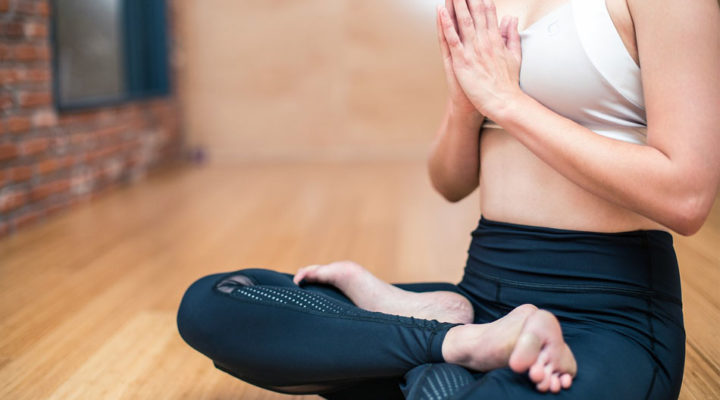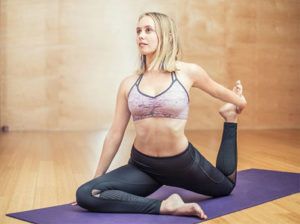
Meditation has a huge role to play in maintaining your composure in stressful situations as well as in maintaining your physical and mental well-being. Meditation is one of the non-invasive techniques that usually results in more good than harm to those who practice it. Meditation for beginners will help you establish a connection between your body and mind and you will get more and more aware of your actions and their implications. Gradually, you will see a change in you for the good. Meditation for a beginner is a process that will get better and better with regular practice.
Meditation
Meditation is considered as the most simple and cost-effective practice that helps you to identify the deeper “you” and thereby helps you to establish a body-spirit connect, which can do a lot to your well-being. Additionally, it helps you to cope with stress and to remain calm in stressful situations. Knowing the benefits and the good that meditation could do for you is the primary step as well as the motivator that will make you to try it and slowly but steadily cultivate it into a habit. Meditation for beginners includes both guided meditation as well as meditation at home at your convenience. You can take the help of the instructors or could opt for the guided meditation lessons that are available online. both guided as well as unguided versions have their pros and cons.
Preparation Meditation for Beginners at Home
 If you choose to go unguided and meditate in the comfort of your home there are certain things that can make Meditation at home to get prepared. It includes
If you choose to go unguided and meditate in the comfort of your home there are certain things that can make Meditation at home to get prepared. It includes
- Fixing up a convenient time– The ideal time for meditation is generally the hours of sunrise and sunset. But meditation is essentially a relaxation time and you must be able to feel free to relax and enjoy the time. Hence it is good to choose a time during which you are not likely to be disturbed. But make sure it is the same time everyday which would help you to inculcate it as a habit.
- Fix up the place- A clean, quiet and peaceful surroundings are prerequisites for meditation. Meditation could be a daunting effort because one might experience lapses in concentration more often. That is why choosing the place that you are comfortable in as well as it is a place where you will not be disturbed is very important. If you want to meditate outside your comfort zone, then try looking for a meditation retreat near you. You may be able to enjoy it and treat it as if you are on vacation.
- Sitting position– The Padmasana or the lotus position is considered as the best position for meditation as the posture by itself is considered to make meditating easier. But there are also other schools of thoughts that suggest any posture is good enough as long as you are able to meditate. If I were you, I would choose a comfortable posture and will be thinking about my breathing exercises. Chose your posture according to your convenience.
- Meditate when the stomach is relatively empty– The basic tip for beginners of meditation is that you should not meditate when you are hungry as well as after eating a hearty meal. While hunger may cause hunger cramps and deter your concentration and when you are full you might doze off while you are meditating. The ideal time is before having a meal or two hours after you have taken a heavy meal.
- Warm-up- A short warm-up session or sukshma yoga exercises before meditation for beginners seems to improve the circulation and also helps you to sit steadily for a long period of time.
- Keep a pleasant face– while meditation requires you to concentrate, it does not necessarily mean that you have to screw up your face and close your eyes tightly and stress up the facial muscles. Having a smiling face will not only relax you but also enhance your meditation experience.
- Ending the session– when you come to the close of the meditation session open your eyes slowly and gently to become aware of your surroundings and yourself.
Progressing from guided meditation to the unguided form is the suggested Meditation for beginners.
Leave a Reply